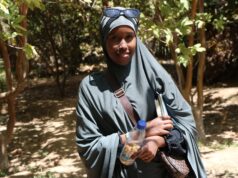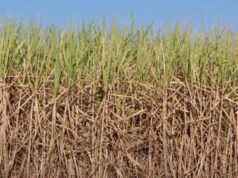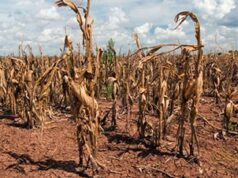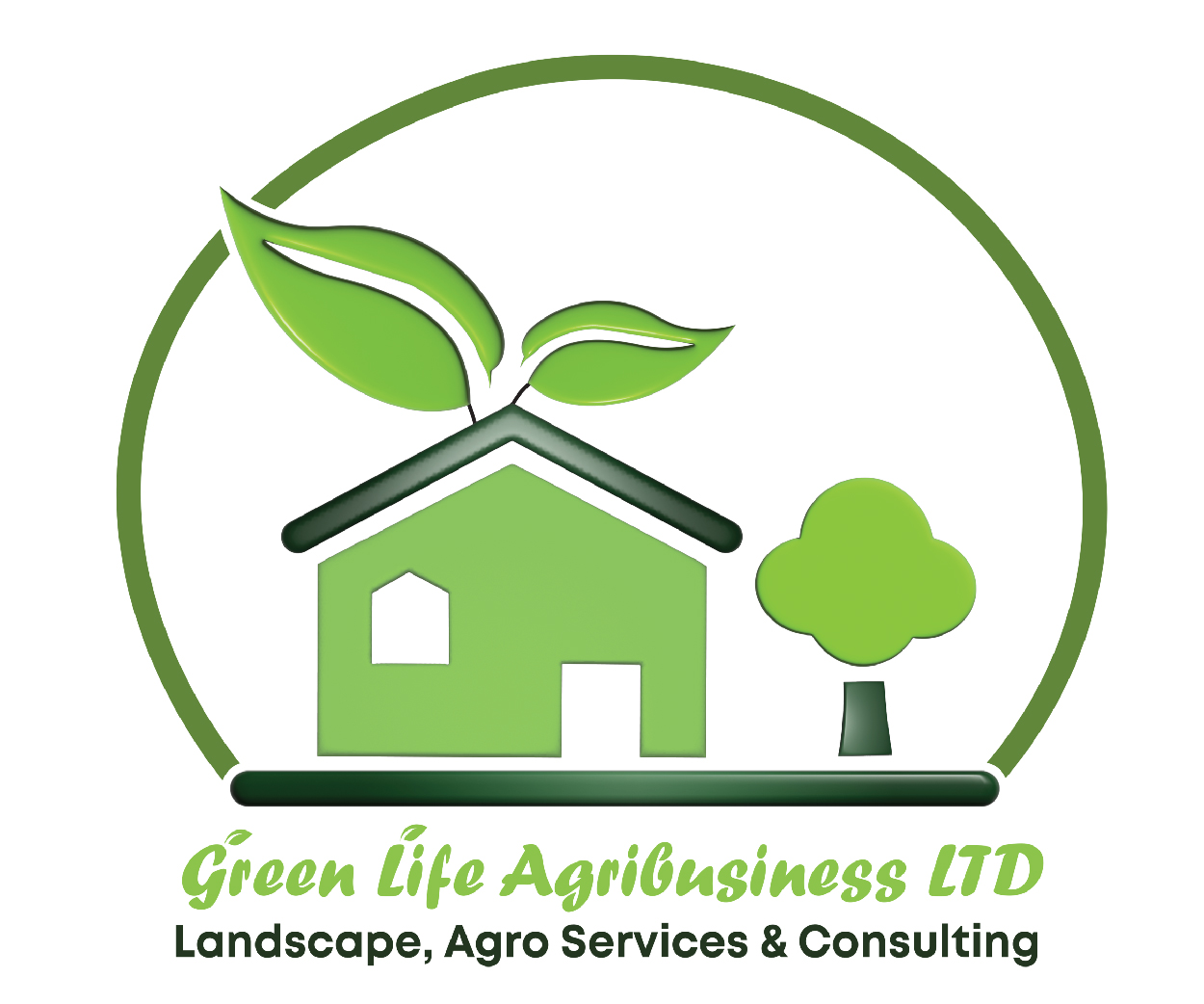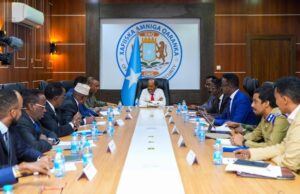Introduction:
Agriculture is the backbone of Somalia’s economy, providing livelihoods for most of its population. However, the sector faces significant challenges due to decades of conflict, environmental degradation, and climate change. This policy brief provides an in-depth analysis of Somalia’s agricultural landscape, highlighting issues, initiatives, and policy recommendations.
Key Points of the Policy Brief:
1. Current State of Agriculture and Food Security
- Main Crops: Maize, sorghum, and beans are staple crops, but productivity remains low due to outdated farming techniques and limited irrigation systems.
- Livestock Farming: Vital for the economy, with camels, goats, and sheep being key exports. However, livestock losses due to drought and disease have been severe.
- Food Insecurity: The country has experienced persistent food crises, with 6.6 million people facing high levels of acute food insecurity in recent years.
2. Climate Change and Environmental Challenges:
- Recurrent droughts, erratic rainfall, and soil degradation have significantly reduced crop yields and increased reliance on food imports.
- Deforestation due to charcoal production has worsened desertification.
3. Government and Private Sector Involvement
- Recent years have seen a push toward private sector-led agriculture, focusing on increased investments in farming technology and market access.
- However, smallholder farmers still face barriers in accessing modern tools and financing.
Key Challenges:
- Drought and Water Scarcity: Recurring droughts have led to water shortages, limiting irrigation and reducing arable land.
- Conflict and Displacement: Insecurity in farming regions displaces communities and disrupts agricultural activities.
- Lack of Infrastructure: Poor transportation networks hinder market access and reduce profitability for farmers.
- Inadequate Research and Extension Services: There is a critical need for agricultural research centers to support farmers with technical guidance.
Government and NGO Initiatives:
- National Reforestation Program: Aims to plant millions of trees to combat desertification and restore ecosystems.
- Climate-Smart Agriculture Programs: These initiatives promote drought-resistant crops, water conservation, and solar-powered irrigation systems.
- NGO Contributions: Organizations have implemented projects for water harvesting, seed distribution, and reforestation to mitigate climate impacts.
Policy Recommendations:
- National Agricultural Development Plan: Accelerate the implementation of comprehensive agricultural policies aligned with Somalia’s development goals.
- Farmer Support Programs: Provide financial incentives, drought-resistant seeds, and modern farming tools to smallholder farmers.
- Youth and Women Empowerment: Encourage youth- and women-led initiatives to enhance rural development and environmental conservation.
- Research and Extension Centers: Establish centers to provide technical support and advisory services to farmers.
- Market Access: Improve transportation and market infrastructure to connect farmers to both domestic and international markets.
- Environmental Protection: Expand reforestation efforts and introduce regulations to prevent land degradation and overgrazing.
Full article download here



